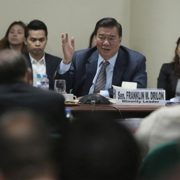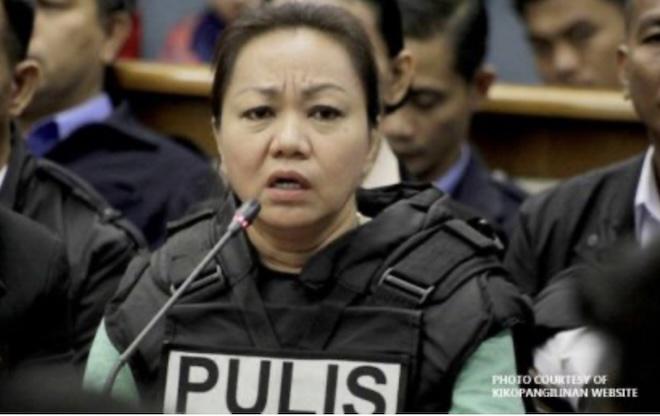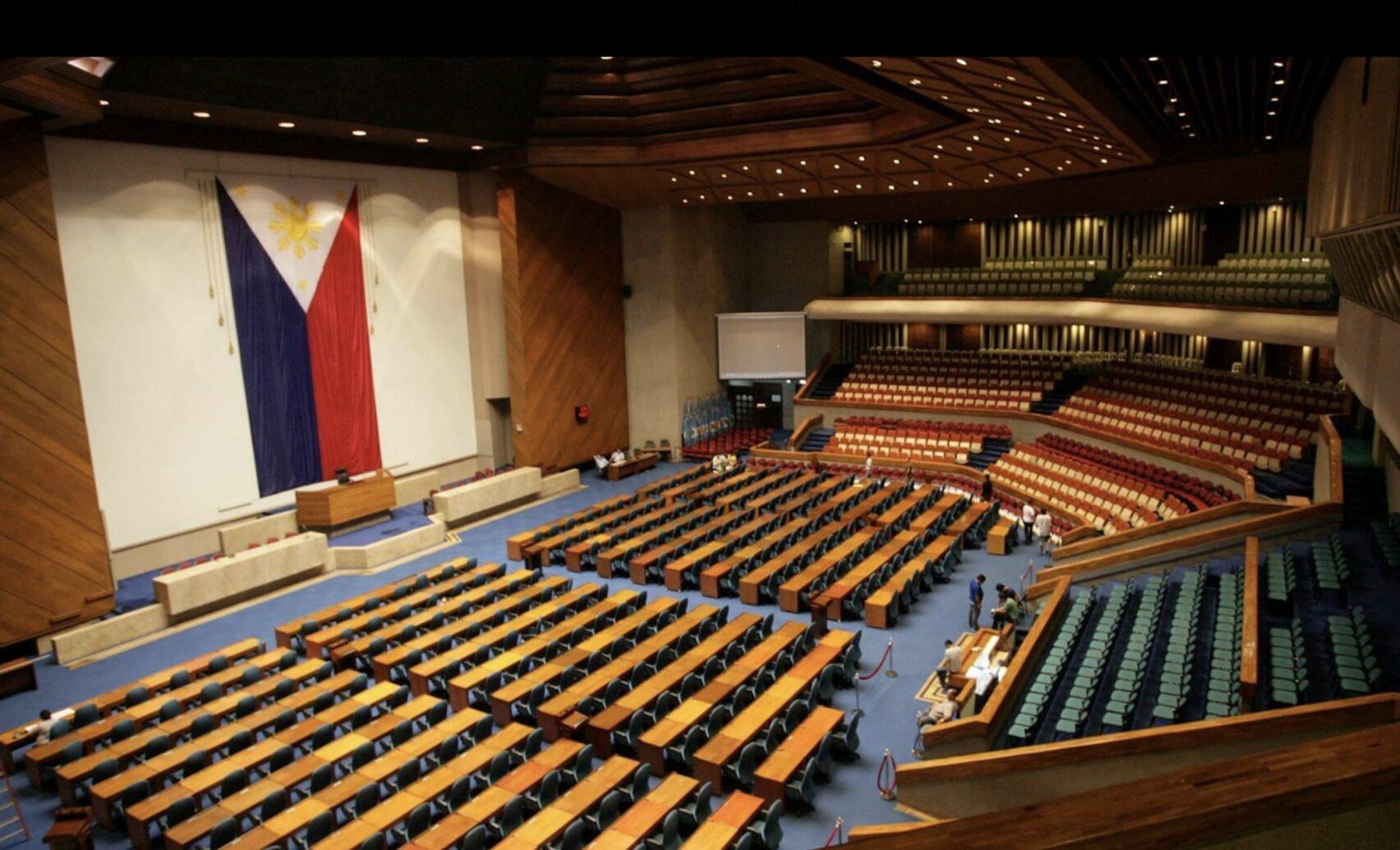All members of the Senate agreed that Congress must vote separately in revising the 1987 Constitution should it convene as a constitutional assembly.
According to Senate Minority Leader Franklin Drilon, senators are “unanimously” against the proposal for them to vote jointly with the House of Representatives on the Charter change (Cha-cha).
“It is the entire Senate as an institution. The unanimous vote — no dissent — is that we should vote separately,” Drilon told reporters on Wednesday, January 17.
He went on to say, “In my 20 years as a senator, there’s just a few times where there is unanimity. The unanimity was shown yesterday when all the senators said, ‘no, we should vote separately.’”
Drilon also disclosed that no one objected to Senator Panfilo Lacson’s proposal to expel from the Senate any of its members who attend the House of Representatives’ proposed constituent assembly.
“There was a proposal yesterday by Senator Lacson to expel whoever that member is, there was no dissent. The point is that it manifests the sentiment, strong sentiments of the senators in so far as voting separately or jointly,” Drilon said.
Lacson, for his part, confirmed making such a proposal: “I did suggest that yesterday after we all agreed to close ranks as one body. Nobody objected.”
“I was just concerned that in case of that remote possibility na meron in the future, he or she cannot escape a misdeed that borders on treachery to our Senate as an institution. We can use our mechanism in the ethics committee to execute my proposal,” Lacson added.
The Senate has only 24 members, while the House is composed of 292 members.
Overwhelmingly outnumbered by the House, senators argued that the power of the Senate may be diminished in a joint voting.
Earlier on Tuesday, January, 16, the House of Representatives adopted a resolution to convene as a constitutional assembly.
The lower chamber approved the House Concurrent Resolution no. 9, which seeks to convene both the Senate and the House of Representatives into a constituent assembly “to propose amendments to or revision of the Philippine Constitution” in connection with the proposed shift to federalism.
The resolution, however, did not state whether the voting will be conducted separately or jointly by the Senate and the House.






